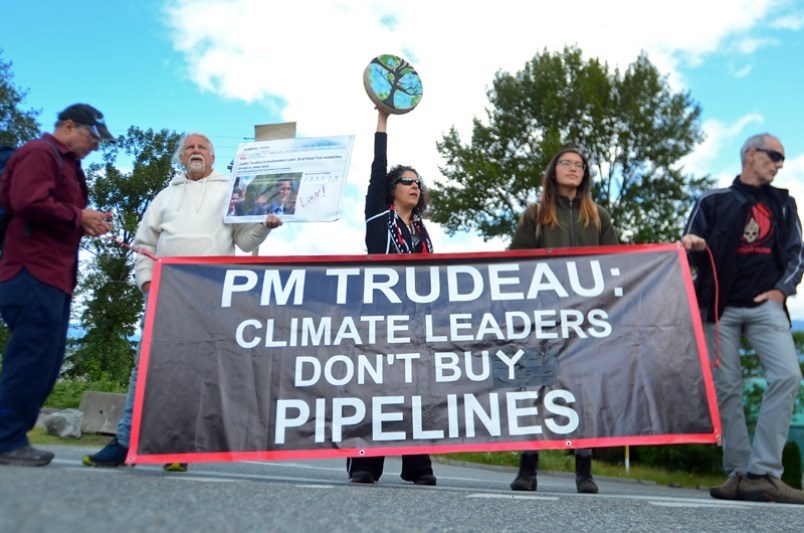Renowned American writer Maya Angelou advises, “When someone shows you who they are, believe them the first time.”
In other words, before we put anyone into a position of trust in our lives, we need to examine their track record. How do they treat the most vulnerable people in our society? How do they respond when they make a mistake? Are they kind and courageous, and do they live with integrity? How do they behave when they think no one is looking?
While forgiveness is a wonderful thing, manipulation is not. There are people and entities who see the human tendency to hope and to trust as weaknesses, and these individuals and institutions almost never change.
In reality, Donald Trump did the world a great favour by demonstrating this truth. He was the same person as the United States President that he was as a New York City land developer. After he was scrutinized in the media, his defenders pointed the finger at other world leaders, and we found that many of them have a great deal in common with Mr. Trump.
The same can be said of industries. It would be an understatement to say that pharmaceutical companies exist which have a history of prioritizing profits over the well being of human beings. Are we then surprised when their insistence on selling COVID-19 vaccines only to those who can lend the most to corporate profit margins results in variants of the disease continuing to circle the globe?
And what can be said of the obscene profits of the social media industry? They have developed ways to essentially monetize the vulnerabilities of the human psyche, resulting in extreme and inaccurate information being circulated, thus causing great disturbance to the social order.
While conclusive data is still forthcoming, a number of mental health professionals are discussing the impact of social media on human behaviour, especially among our youth. They are warning of screen addiction and a rise in narcissistic type behaviours, not to mention an increase in the incidence of anxiety and depression. Are we surprised to see negative impacts from using a medium that prioritizes negative content?
We need to remember, however, that each of us is free to choose how we will respond to the world around us. We are able to choose who is deserving of our trust and who is not. Power does not rest with the elites who have demonstrated themselves to be unworthy of our trust, power lies with each of us and spreads into our homes, workplaces and communities.
It is actually not very hard to bring about significant social change. In the 1960s, Ralph Nader and a group known as “Nader’s Raiders” took on the very powerful auto industry which was making tremendous profit by selling unsafe automobiles. The result has been ever-improving standards in the auto industry which help to keep us and our loved ones safe. Nader, now in his 80s, continues to be an indefatigable advocate for the common good as he celebrates and empowers others who are standing up to dishonest corporations and governments.
The very human qualities of integrity, compassion, kindness, respect, wisdom and courage really are more enduring and powerful than greed, selfishness and cruelty. The truly great leaders in industry, politics and every other aspect of life have always understood these positive principles.
Today, each one of us has a roll to play in preserving human life. We can consciously choose to be the kind and courageous people we want to be, and in so doing hold ourselves and everyone around us accountable.
Historian Howard Zinn stated, “We don’t have to engage in grand, heroic actions to participate in the process of change. Small acts, when multiplied by millions of people, can transform the world.”
Gerry Chidiac is a Prince George teacher.



